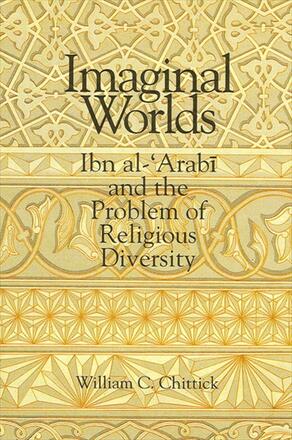
Imaginal Worlds
Ibn al-ʿArabī and the Problem of Religious Diversity
Alternative formats available from:
Description
In this book Chittick explains Ibn al-ʿArabī's concept of human perfection, his World of Imagination, and his teachings on why God's wisdom demands diversity of religious expression. He then suggests how these teachings can be employed to conceptualize the study of world religions in a contemporary context.
Ibn al-ʿArabī, known as the "Greatest Master,"is the most influential Muslim thinker of the past 600 years. This book is an introduction to his thought concerning the ultimate destiny of human beings, God and the cosmos, and the reasons for religious diversity. It summarizes many of Ibn al-ʿArabī's teachings in a simple manner. The ideas discussed are explained in detail.
The book is divided into three parts. In the first part Chittick explains Ibn al-ʿArabī's concept of human perfection; in the second part he looks at various implications of the World of Imagination; and in the third part he exposes Ibn al-ʿArabī's teachings on why God's wisdom demands diversity of religious expression, and he suggests how these teachings can be employed to conceptualize the study of world religions in a contemporary context.
William C. Chittick is Associate Professor at the State University of New York at Stony Brook. He is the author of Faith and Practice of Islam; A Shi'ite Anthology; The Sufi Path of Knowledge: Ibn al- Arabi's Metaphysics of Imagination; and The Sufi Path of Love: The Spiritual Teachings of Rumi; all published by SUNY Press.
Reviews
"Imaginal Worlds is an excellent summary and a solid interpretation of Ibn al-Arabi's teachings. " -- Gerhard Bowering, Yale University